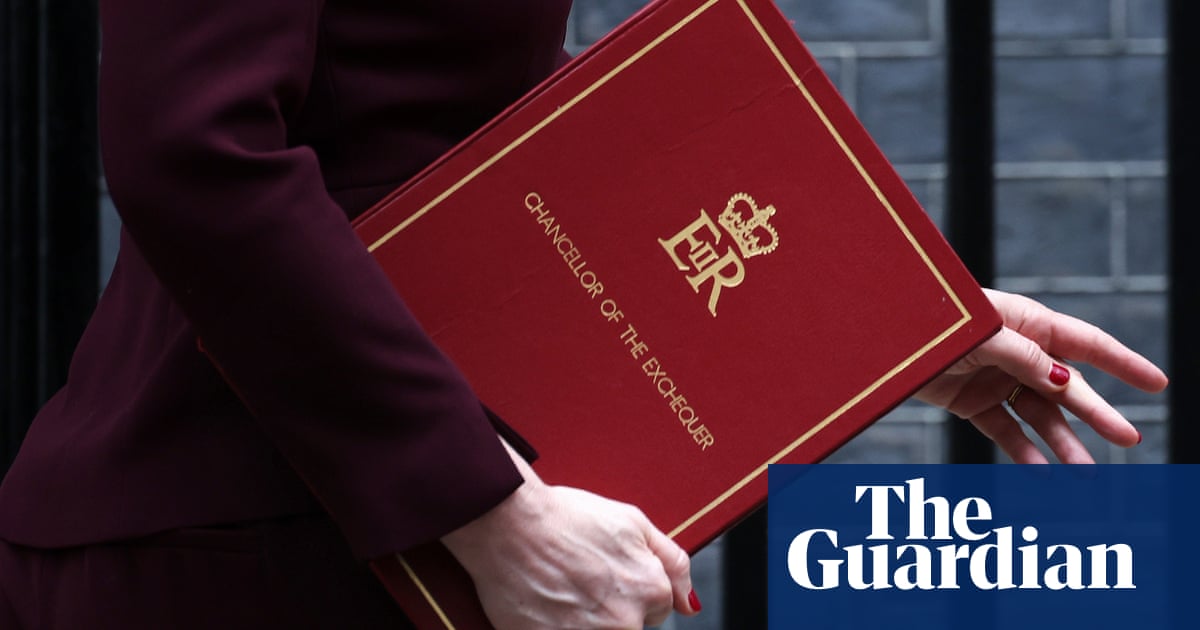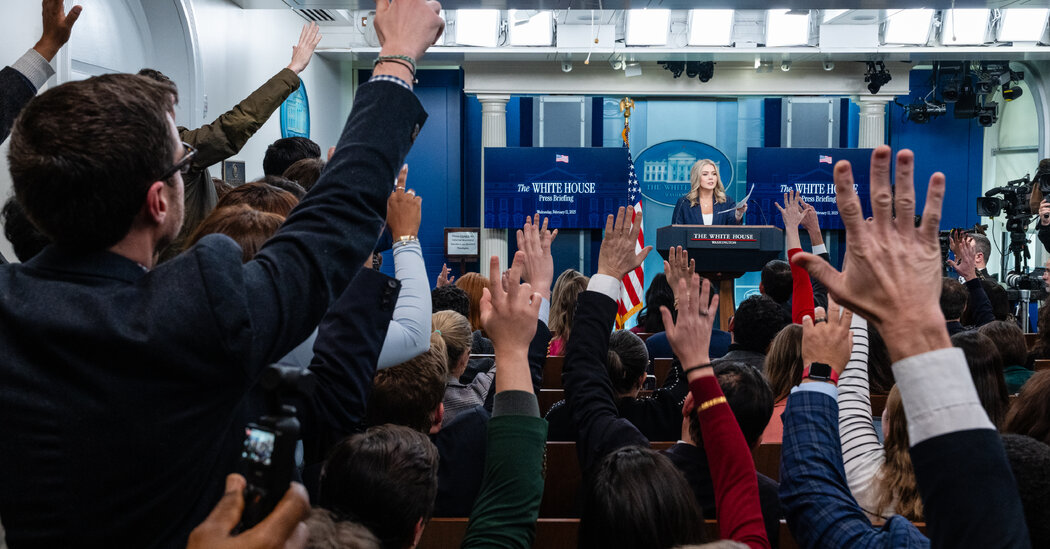
Rachel Reeves does reasonable job of justifying fiscal prudence but welfare cuts cast shadow
The bruising row over welfare cuts in the run-up to Rachel Reeves’s spring statement led to the Treasury being portrayed as a gang of bullies with spreadsheets, ranging across Whitehall.
Her moment in the spotlight on Wednesday allowed the chancellor to set these wrangles over tax and spend in a wider context: as a precondition for rebuilding the UK.
Reeves reminded MPs of the knock-on impact of Liz Truss’s unfunded spending splurge in 2022; and rightly highlighted the shaky global context that has resulted in borrowing costs being driven up for most major economies.
The rules were, she said: “The embodiment of this government’s unwavering commitment to bring stability to the economy”, adding, in a swipe to her critics: “There is nothing progressive, there is nothing Labour, about working people paying the price of economic irresponsibility.”
Those cuts to welfare were there – including an extra £500m scrambled together at the last minute after the Office for Budget Responsibility (OBR) rejected the Treasury’s initial costings.
As expected, the OBR has slashed its forecast for economic growth for this year, from 2% to 1% – and is concerned there may have been a permanent dent to the UK’s productivity, dragging on the economy into the future.
But Reeves was able to point to glimmers of hope, too. The OBR has assessed Labour’s planning reforms, one of the government’s most radical policies, and estimates these will boost growth by 0.2% over the five-year forecast period. It is actually expecting the economy to be larger in five years’ time than it anticipated in October.
She also sought to make a positive case for the uplift in defence spending, stressing the government’s hopes for skilled job creation, from Portsmouth to Barrow, and the opportunities for spillovers from new technologies.
While it horrified many Labour backbenchers, the switch from aid to defence spending is helpful in meeting Reeves’s fiscal rules because defence tends to be more investment-heavy – and the chancellor allows herself to borrow to invest.
Largely because of this shift, Reeves was able to say that capital spending will now be higher over the course of the parliament than expected in October.
Critics complain that Reeves has no coherent economic philosophy. To the extent that she does, it includes the fact that longstanding underinvestment is a key explanation for the UK’s underperformance.
The looser debt rule she adopted in October helps to prevent the deep cuts in investment spending previous chancellors tended to reach for when times were tight: what Reeves called “the Tory choice”.
On day-to-day spending, where Reeves’s “stability rule” bites hard, balancing the books is much more of a challenge, and she has squeezed budgets in the later part of the forecast period. The OBR now says departmental spending will increase by 1.2% a year from 2026-27 onwards, after a 4% bump in the current year.
after newsletter promotion
That is 0.1 percentage points more slowly than anticipated in the autumn budget, and helps to explain the punch-ups already under way about June’s spending review.
Reeves highlighted a £3.25bn “transformation fund” that departments will be able to bid into, to fund productivity-enhancing projects, which are then meant to cut their costs in future years.
There is some logic to this approach. Part of the fund will help pay for the civil service redundancies package, as the government tries to slash admin costs, for example; it could also be used to fund more up-to-date IT to make services run better. But cost-cutting in public services already worn thin by years of underinvestment will not be easy.
In these extraordinarily uncertain times, Reeves made a fair fist of justifying her fiscal prudence, as Gordon Brown used to call it. Yet the welfare cuts – tailored to make the sums add up – will leave a long shadow.
As the OBR makes clear, the outlook for the coming months looks highly uncertain. Just as rising interest rates since October have eliminated the headroom Reeves left herself against her fiscal rules, the OBR warns that if Donald Trump sparks a global trade war, it could wipe out the £10bn of leeway Reeves has painstakingly rebuilt.
She would then be back in the autumn, with diminishingly few options at her disposal beyond raising taxes.










